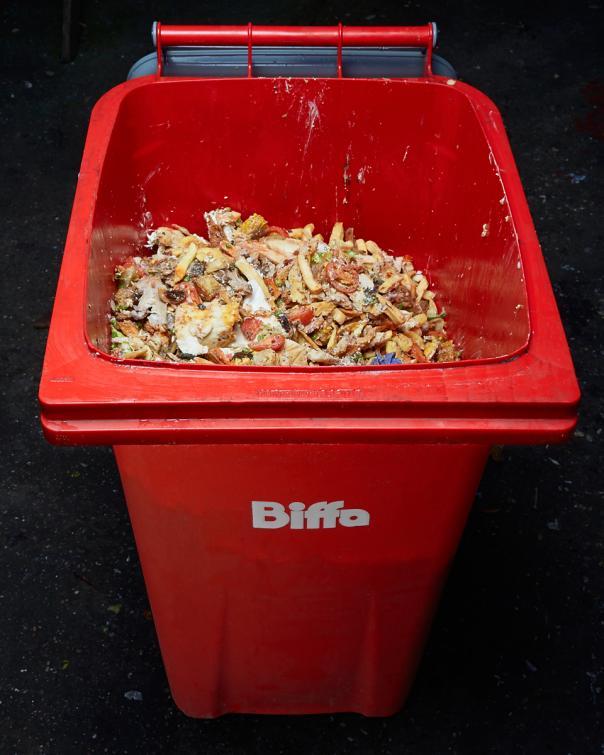Biffa campaign encourages businesses to recycle inedible food

Compared to Scotland and Northern Ireland - where recycling food waste is, by law, mandatory for businesses – there is currently no legislation in place in England or Wales.
As such, company-lead research found that “inedible food waste makes up 40% of the UK’s total food wastage,” and that a third of food businesses (including caterers, restaurants and hotels) admit to “not doing anything to recycle it.”
To help educate companies and encourage them to “take responsibility to ensure all potential renewable energy is utilised by segregating 100% of inedible food waste, no matter what the size or weight,” Biffa has launched this new ‘Food for Fuel’ campaign.
Other key findings include:
- 83% of food businesses think waste management is important but few have processes in place to manage their waste effectively
- “Resources, time and cost” were identified as the biggest challenges
- 60% of businesses don’t have recycling targets for their food waste – despite the fact that general waste is more expensive to dispose of, which almost half of UK businesses also didn’t realise
- Over half don’t have official training in place for waste management
Biffa spokesperson Fran Morrissy said: “We were pleased to find that the majority of businesses think waste management is important but were surprised that so many don’t have a process in place for effectively dealing with their waste.
“Inedible food waste in particular is often forgotten, despite it being such a huge percentage of waste that could be recycled and used to fuel our homes.
“Most people have multiple bins at home to separate their personal waste, and we believe it should be no different in the workplace. Biffa’s ‘Food Waste Collection Service’ can help businesses to identify how much inedible food waste they’re producing and put a strategy in place to segregate it ready for collection – saving both money and creating clean energy.
“We encourage all business to embrace the ‘Food for Fuel’ concept and remember that 100% segregation is the best way to ensure they’re doing the most that they can to positively impact the environment.”
